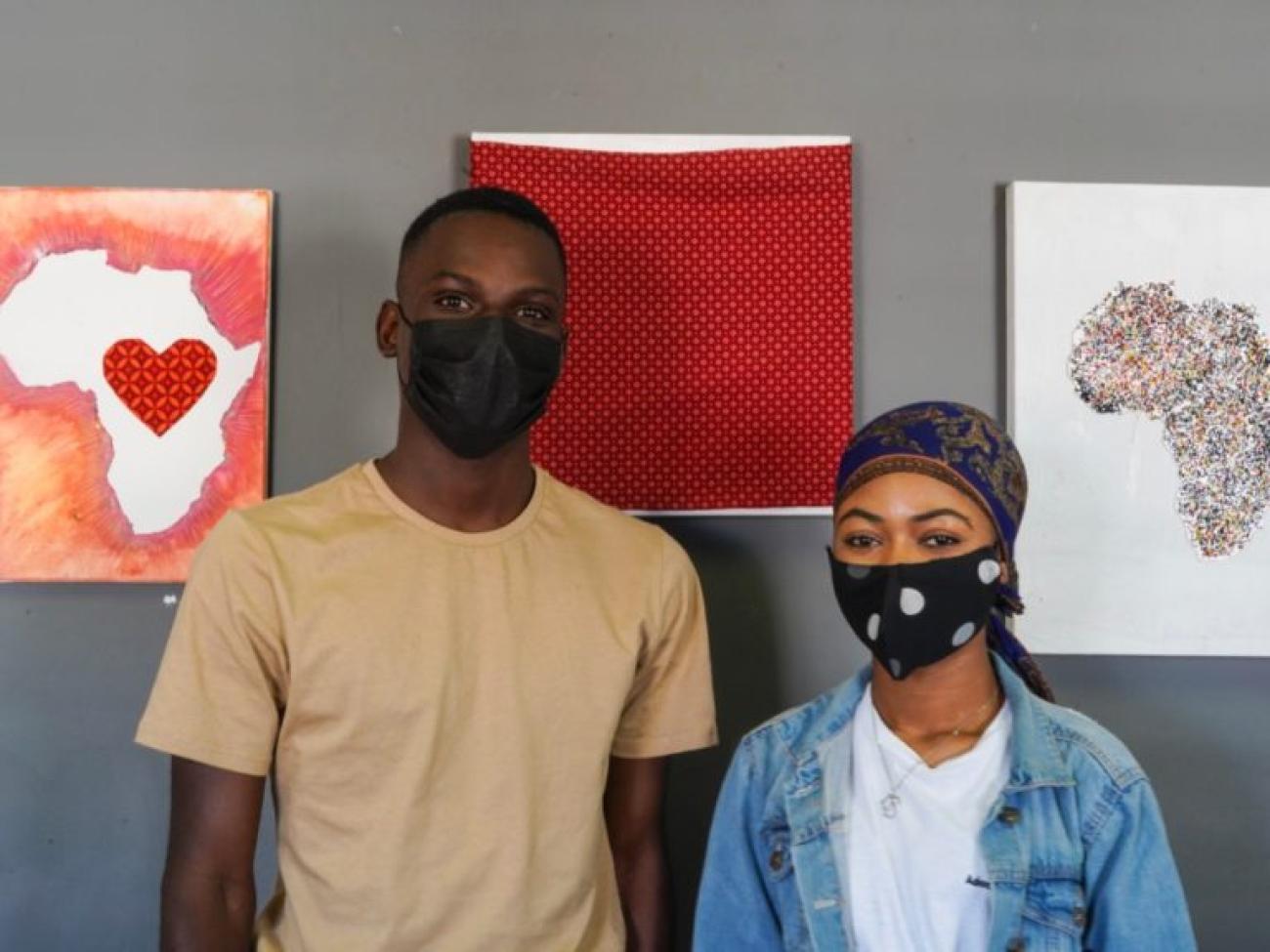Under the Asylum Decisions Backlog Elimination Project, 153,391 cases will be processed over the next four years. Once their claims are processed, the people granted full refugee status will be free not only to access national services on a par with citizens, but also to become valuable contributors to South African society and the development of the country.
For decades, South Africa, known for championing human rights, has been a generous host to people fleeing conflict and persecution from across the African continent and beyond. The Refugee Act, passed in 1998, was a world leader in progressive refugee legislation, and part of the great legacy of the era of the late President Nelson Mandela. Under the Act, refugees live within the South African community rather than in camps, and enjoy substantial legal protections almost on a par with citizens, including full access to the health care and education systems.
These benefits only extend to those with refugee status. Of the 266,946 refugees and asylum-seekers in South Africa, two-thirds of them have asylum-seeker status, and do not have access to the full rights and privileges of a full-fledged refugee. In recent years, South Africa’s asylum system has faced problems that have led to the claims of over 153,000 asylum-seekers becoming stuck in the system, some for up to a decade.
Eliminating the backlog carries positive knock-on effects for social cohesion in fragile, refugee-hosting communities. As newly-minted refugees, people freed from the backlog can embark on fresh enterprises and become job creators, contributing to the local and national economies.
Almost all of the refugees and asylum-seekers in South Africa live in townships and other economically-deprived urban areas, where communities have suffered great hardships during the Covid-19 pandemic. Amongst the refugee community, around 5% received basic assistance from UNHCR and its partners before the onset of the pandemic. Scarcely more than a year since Covid-19 hit South African shores, that figure is now considerably higher. The hardships faced by refugees and asylum-seekers as a result of Covid-19 are also faced by their neighbours, regardless of nationality, leading to tensions in the community.
As well as eliminating the backlog in case hearings, the Backlog Project will make the asylum system more robust and safeguard it against abuse, benefiting South African citizens alongside asylum-seekers. Over the four-year period, UNHCR is providing technical and financial support to the tune of US$7 million, in a bid to eliminate delays in case hearings and revamp the refugee management system. A strong asylum system is an institution of democracy and human rights, and UNHCR is proud to join hands with the authorities to be part of the solution.















